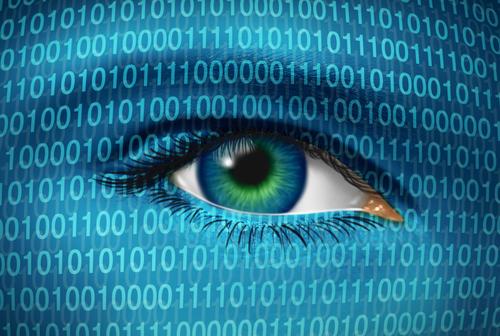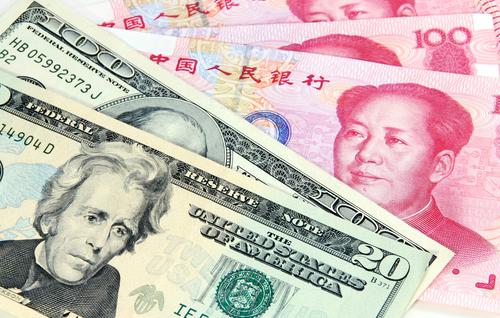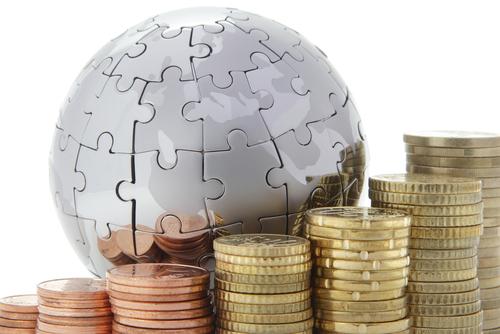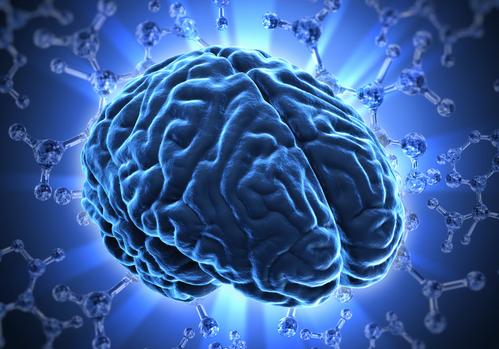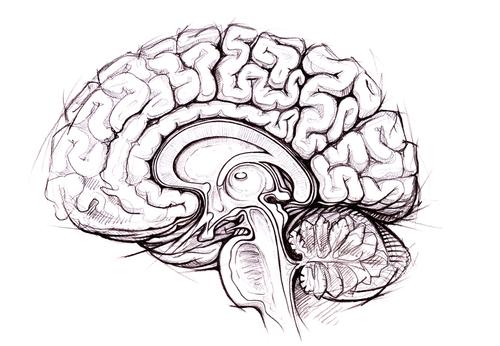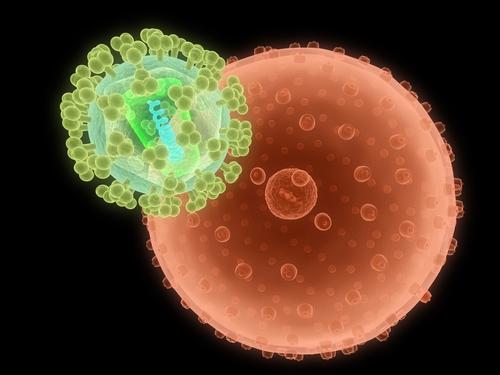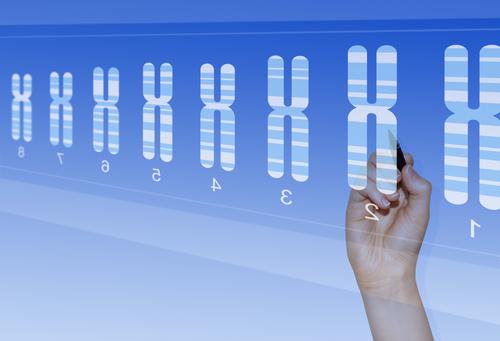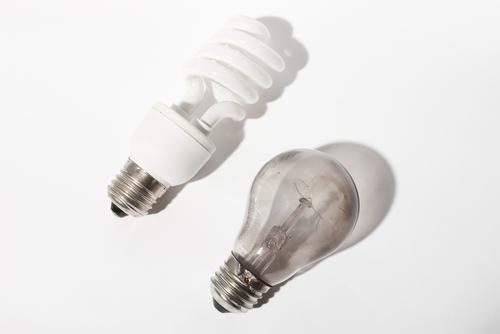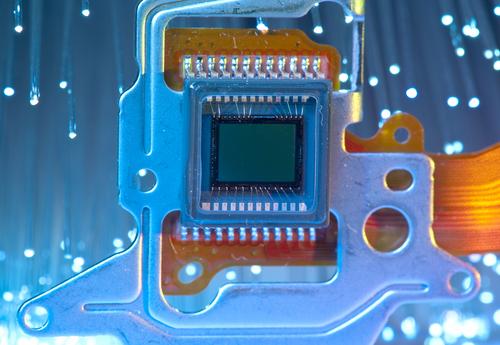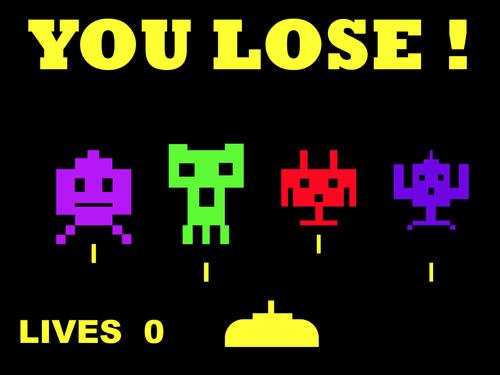Orion Jones
Managing Editor
Get smarter, faster, for success in the knowledge economy. Like us on https://t.co/6ZFWKpoKLi or visit https://t.co/d7r7dG2XOq
A new mobile service uses location data, i.e. where you are, to create a social network with like-minded people in your immediate vicinity. Would you be willing to meet a stranger this way?
‘Personal clouds’ will replace the primacy of the PC by 2014, says the technology research firm Gartner. The future promises a world of decentralized computing across multiple devices.
Sharing so much information online may have knock on effects when its comes to government search and seizure law, expanding government power, says Yale’s Information Society Project.
A new book, Coming Apart by Charles Murphy, cites statistics that suggest the class divide in America is growing. But why? And what to do about it? Gary Becker and Richard Posner weigh in.
As China’s economy grows, money is refining the Chinese palate and American products are flowing into Chinese markets like never before. Milk, soybeans, nuts—practically everything.
The cost of crude oil is already 16 percent higher than at the beginning of 2012. How much of a threat do rising oil prices pose to the gradual economic recovery? And what about Iran?
The love for globalization that pervades some American circles often overlooks just how unfair income redistribution is under global trade networks, says a Harvard political economy professor.
A year after the Fukushima nuclear crisis, surveys show that more people around the world oppose nuclear power than ever before. Yet industry is pushing ahead. Who will prevail?
U of Mass Psychology PhD Tony McCaffrey advises us to seek the obscure in finding a creative solution to a vexing problem. What does he mean exactly? It is a two part process…
Given that the brain’s synaptic components last but a short time, it has been a mystery to scientists how the brain stores memories, which can last nearly an entire lifetime.
When people recall how virtuously they have acted in the past, they are more likely to permit themselves self-destructive or anti-social behavior, says new research on the dark side of goodness.
According to the University of Southern California, fMRI brain scans show that both sides of the brain are involved in completing creative tasks. One more brain myth bites the dust.
Research shows that children who attend preschool are less likely to be arrested later in life and more likely to graduate from high school. Preschool is the best leveler of the achievement gap.
A new meta-analysis of research performed in the 60s and 70s shows LSD treated alcoholism significantly better than placebos. Scientists are taking another look at how psychedelics treat disease.
Researchers at Johns Hopkins School of Medicine have found that an HIV vaccine could work in conjunction with antiretroviral therapies, prepping the immune system to eliminate HIV-1 viruses.
Based on medical standards alone, female birth control should be made available over the counter, says author Virginia Postrel. Not to mention reducing American political invective.
Scientists have engineered an aspirin whose novel chemical compounds have proven effective at shrinking tumors while leaving the healthy cells around it unharmed.
Technological advances on several fronts are quickly bringing down the cost of sequencing a person’s genes. One day, personal genome tests might become as essential as blood tests.
Serial entrepreneur Gurbaksh Chahal says the best way to become a company that is one day over taken is to have a new idea. Witness the history of Kodak and Blackberry, he says.
Modern communication technology could be harnessed to give the very best teachers to every classroom. Though teleconferencing, we could become a nation of life-long learners.
A collection of the world’s top engineers and tech entrepreneurs will be invited to a hush-hush conference somewhere in the Pacific this May. Eccentric venture capitalists are behind the idea.
A technology company is working to bring virtual machines to your smartphone. In other words, your phone will simulate the software your company runs, so you can work from anywhere.
In addition to in-house R&D, big businesses like Best Buy and Blue Cross Blue Shield are funding start ups to create new product lines and innovate the direction of the company.
A small non-profit called Invisible Children has created a huge stir over a highly-produced half-hour video which garnered millions of views in just hours. Did you see it? What do you think?
The 2012 Skyscraper Competition sponsored by the architecture journal eVolo inspired some amazing designs that predict the planet’s future population and geographical changes.
When Tim Cook introduced Apple’s new iPad, spoke of the post-PC revolution. What does that world look like? Will we recognize it when it arrives? Should you stop buying computers?
Using standard chip making parts, IBM has created a super-fast optical processing chip by drilling a series of holes through the back which allow light to pass into the core of the chip.
Artificial intelligence engineered by computer scientists at Imperial College London can create entirely new video games practically from scratch. The achievement is a milestone in AI technology.
New computer software which analyzes eye movement can identify whether someone is lying or not with 82.5 percent accuracy, say clinical researchers at the University of Buffalo.
Data collected at the Fermi National Accelerator Laboratory in Batavia, Illinois, show a ‘bump’ consistent with data from other labs which might be the long-sought Higgs boson.


